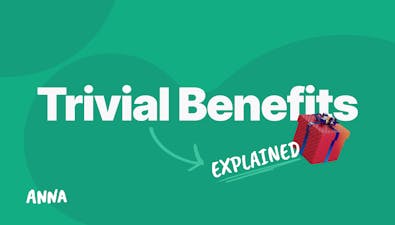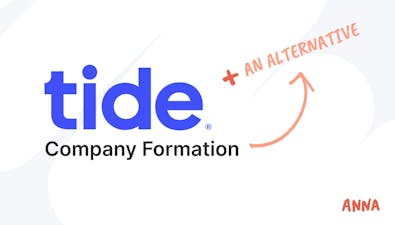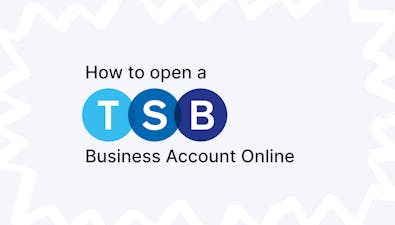
What does an accountant do for my business? We asked one to find out.


Accountants. We’ve all heard of them. Some of us have even met one. But if you’re starting out in business, sometimes it’s hard to know if you need one or not. You might not know what exactly accountants do, why it’s important, and how much they actually cost. Luckily for you, ANNA knows Laura Stacey, an FCCA qualified accountant with 20 years of experience, and we got her to explain what an accountant does and how they can help your business.
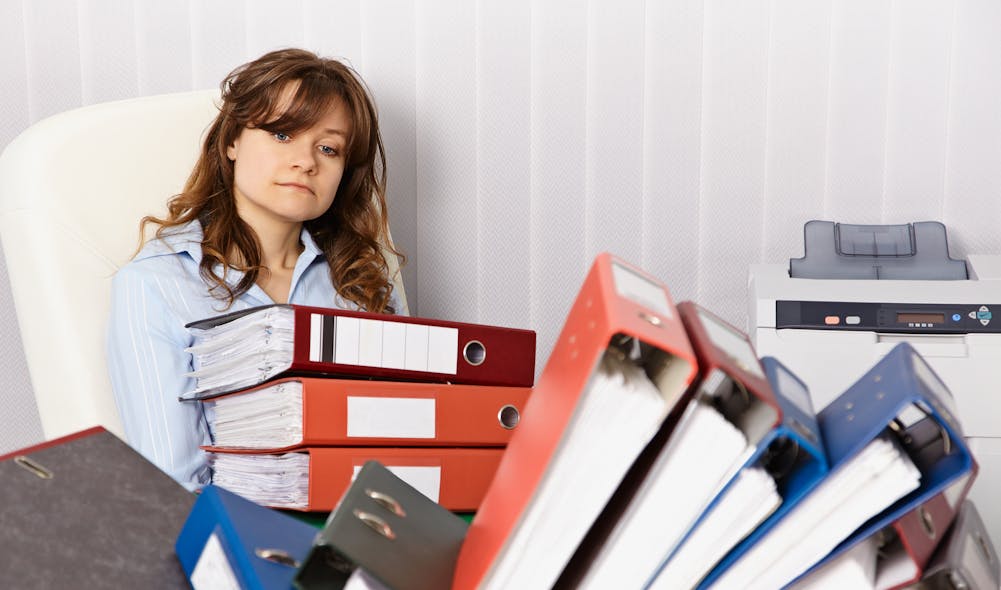

What does an accountant do for a business?
Basically, an accountant helps your business meet and comply with your statutory obligations, and get all your tax returns done correctly and filed on time. An accountant can also help you with elements of business planning.
Tax can be complicated, and people aren’t always sure of the rules about tax returns and VAT returns. Some items in a business expense are tax deductible – many things aren’t. And there are penalties if you file your tax incorrectly, so getting it right is really important. It’s not something you want to guess at.
Whether or not you need an accountant also depends on whether you’re a sole trader or limited company. If you're a sole trader and aren’t VAT registered, you only need to prepare and submit an annual self assessment tax return to HMRC. If you run a limited company the rules are more complex: you have to submit accounts and a confirmation statement to Companies House annually, plus submit a company tax return and accounts to HMRC. Company Accounts and tax returns are far more complex and a lay person might not necessarily have all the information (or the confidence) to do this for themselves. For any VAT registered business, whether a sole trader or a limited company, quarterly returns are needed – and most businesses will want professional help with preparing their VAT returns. Likewise, if you decide to take on employees, you will need to operate a payroll scheme and most businesses need the help of a professional to do this.
When it comes to personal tax returns people with more than one source of income also often seek an accountant’s help – they may have income from shares, rent from tenants, grants from apprentice schemes, insurance claims and it all needs to be taken into account.
How do I know if I need an accountant?
There are some pretty clear signs of when you might want to speak to an accountant:
If you need to prepare a tax return – if you are self employed, a sole trader, or a director in a business you’ll have to do this. Even if you rent out a flat, the second source of income must be declared and relevant tax paid on it. I often pick up people’s self assessment in their second year of submission, and find they’ve paid either too little or too much tax the year before.
If you own a business and you’re employing at least one person, an accountant can really help. It’s not just about running payroll – employers are also obligated to run a pension scheme and make contributions on behalf of their employees, there is employers national insurance to consider, expenses and benefits need to be declared to HMRC (and tax and NI paid where applicable)

If you’re turning over close to £85k a year in revenue, then you’re very close to the threshold where you’re legally obligated to register for VAT. Even companies who don’t make that much may find it useful to register for VAT anyway, and an accountant can work this out for you.
If you want advice on record keeping. Do you need software? How do you keep records in order? (You may not need this to begin with – if you're not VAT registered you can keep simple records such as spreadsheets.)
However, the government intends to roll out "Making Tax Digital" to all businesses which means that in the future all businesses will need to use appropriate software packages for maintaining their records. Limited companies already have to submit their returns in a specific file format (called and iXBRL file) to HMRC and you would need to purchase software to do this yourself. My advice would be to use an accountant.
How do I choose the best accountant for my business?
If I was looking for an accountant, I’d start by getting some personal recommendations from people I know and trust. But I’d be happy to deal with an accountant without a personal connection as long as we had some kind of meeting first to make sure we were on the same page and could get along. That’s really important to me. Nowadays a Zoom call would be enough.
If you're a small business, not registered for vat, then regardless of industry, most accountants would be able to help you. Most sorts of businesses require pretty standard accounting. Depending on your industry, you might need an accountant with more specialist knowledge - for example if you’re running an insurance company or a medical practise. Charities and Community Interest Companies (CIC) also have more complex accounting rules too.
If you’re a small business and you have a lot of physical records, it’s best to look for someone local - whether you go through your records in person or drop them off at your accountant’s office, it’s a lot easier if they’re based nearby. A lot of businesses still have paper and physical records.
How much does an accountant cost?
It varies so much. Accountants charge separately for each service you need. A typical small business might need Accounts and Tax Returns prepared, Payroll and Pension schemes administered, Bookkeeping and Vat Returns completed, and directors would need their personal tax returns too. Each service requires a certain amount of time and expertise and therefore costs will vary depending on the number and type of service required.
Limited company accounting often costs a flat rate for the year and is based on turnover (the rule of thumb being that more turnover equals more transactions), with incremental increases based on income year on year. The size of the company (e.g. the number of directors and employees) also affects the accounting costs.
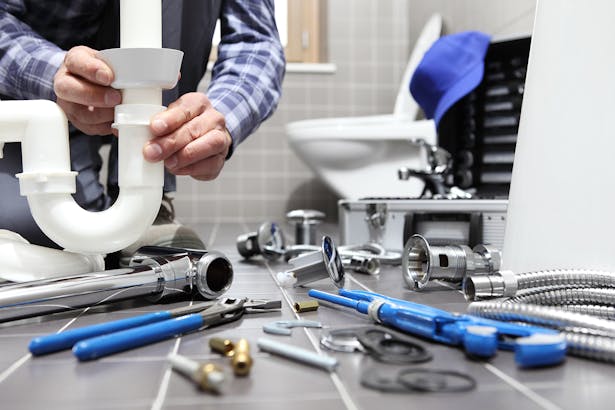
Fees for a sole trader will generally be less than for a limited company but again it depends on the size of the business and the services required. Remember that things like the volume of transactions (of your business) can affect your accountant’s rate – you might have a relatively low turnover but a high number of transactions, which in turn creates more work for your accountant. Accountants often charge new clients a fixed fee for the first year, and then review that fee based on the amount of work that was actually involved, for next year’s fee (so it might go up!).
Where you work also plays a factor in accountancy fees – regional accountants tend to be less expensive than ones working in cities, like London, Cardiff, Bristol, Manchester. I've worked for a number of practices and the fee structures vary significantly. However, you will always pay more for higher levels of expertise, such as tax planning and auditing, particularly as these are highly regulated and complex areas. From my own experience I would suggest that outside the cities you should expect to pay at least £75 per hour for basic accountancy and taxation services, with bookkeeping, VAT returns and payroll services coming in at a slightly lower cost. Tax planning and auditing fees would be at least £250 per hour. Larger practices with big offices will naturally charge more as they have higher overheads.
How can I save money on my accounting fees?
If you’re on a tight budget, there are few things you can consider to manage your costs.
You could try using someone with an accounting technician qualification. Many accounting technicians are highly skilled and knowledgeable but haven’t been through the full chartered accountant qualifications.
Experience costs more: an accountant with 30 years experience will generally be charging more than a newly qualified accountant. Regional accountants often charge lower rates than ones based in the major cities, with their costs on rent and rates being higher, but also because they will deal with larger, more complex clients, who need more services and time.
Beware going down the route of doing some of your accounts yourself to save cost. In theory, by doing some of your bookkeeping or expenses yourself it might seem like you’ll lower your accounting costs – but in reality, an accountant who has to reformat your records to suit their system will probably end up spending more time than if they just did everything for you.
Can I do my business accounting myself?
You don’t legally need an accountant to file your self assessment tax return and prepare your end of year accounts. If you’re a sole trader, you only need to do your personal tax return anyway, and many people do it themselves. But if you run a limited company, you need to file annual accounts to Companies House, plus your company tax return and account to HMRC, on an annual basis, both of which need to comply with strict regulations and attract penalties for inaccuracies.
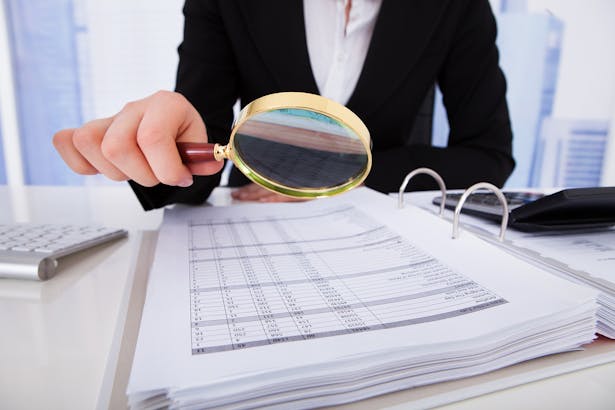
You legally need a qualified external accountant/auditor if your company is not exempt from audit. If you meet two of the three criteria for two consecutive years, you need an audit:
- 50+ employees
- Annual turnover is more than £10.2m
- Assets worth over £5.2m
Lily was interviewing Laura Stacey, an FCCA qualified accountant with 20 years experience in accounting. Laura runs her own accountancy practise called LCS Accountancy.
Open a business account in minutes


